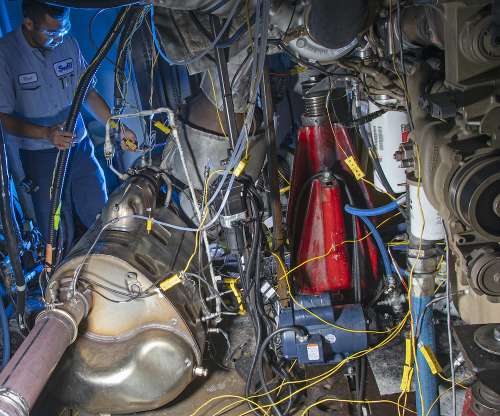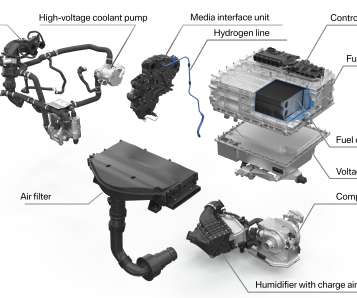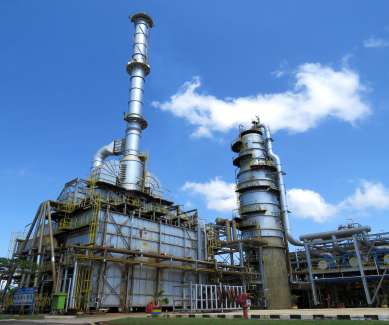SwRI engineers develop near-zero emissions diesel engine technology; 90% reduction of NOx
Green Car Congress
MAY 27, 2020
Southwest Research Institute engineers have developed the next generation of clean diesel engine technology to reduce hazardous nitrogen oxides (NO x ) and carbon dioxide emissions while minimizing fuel consumption. SwRI developed the technology for the California Air Resources Board (CARB).


































Let's personalize your content